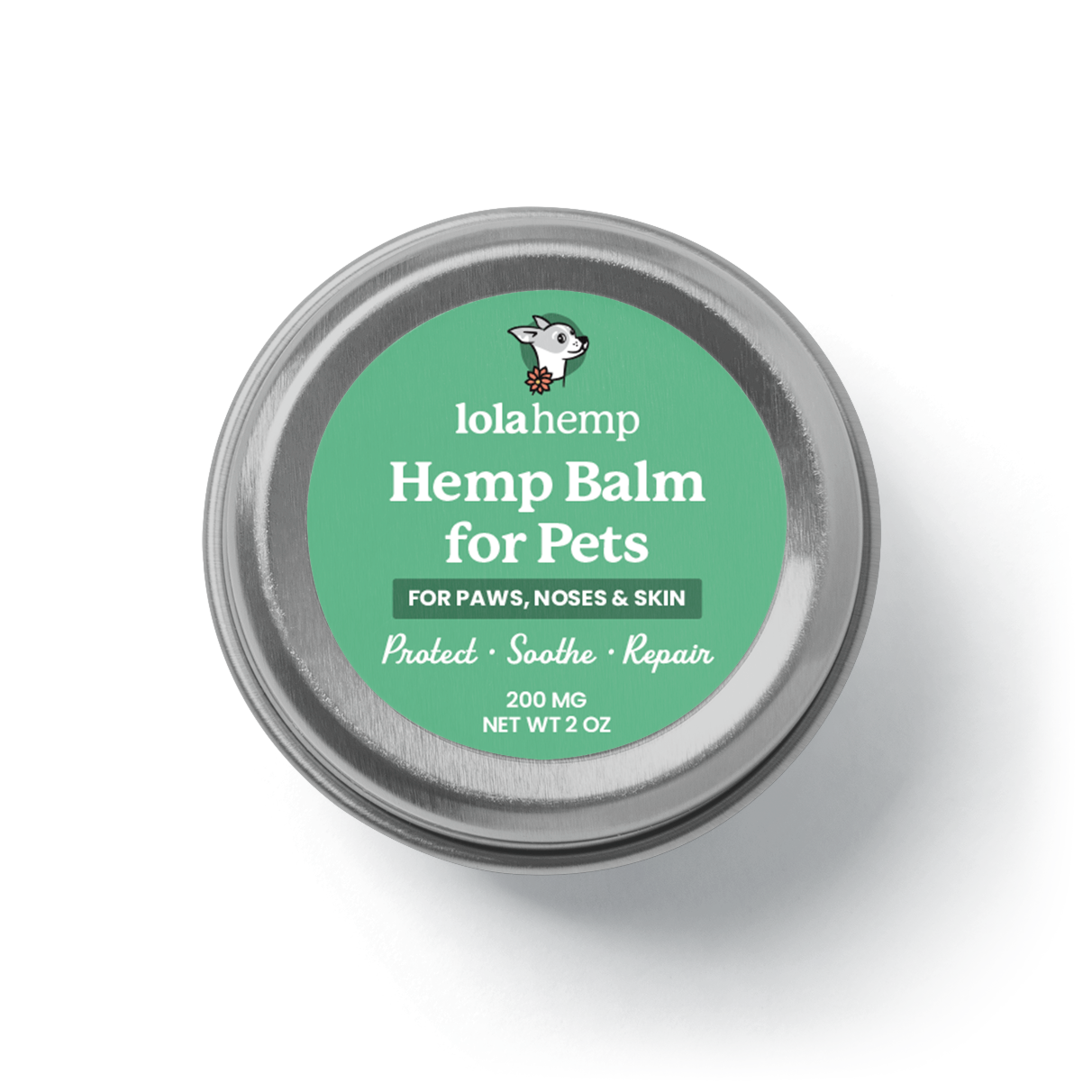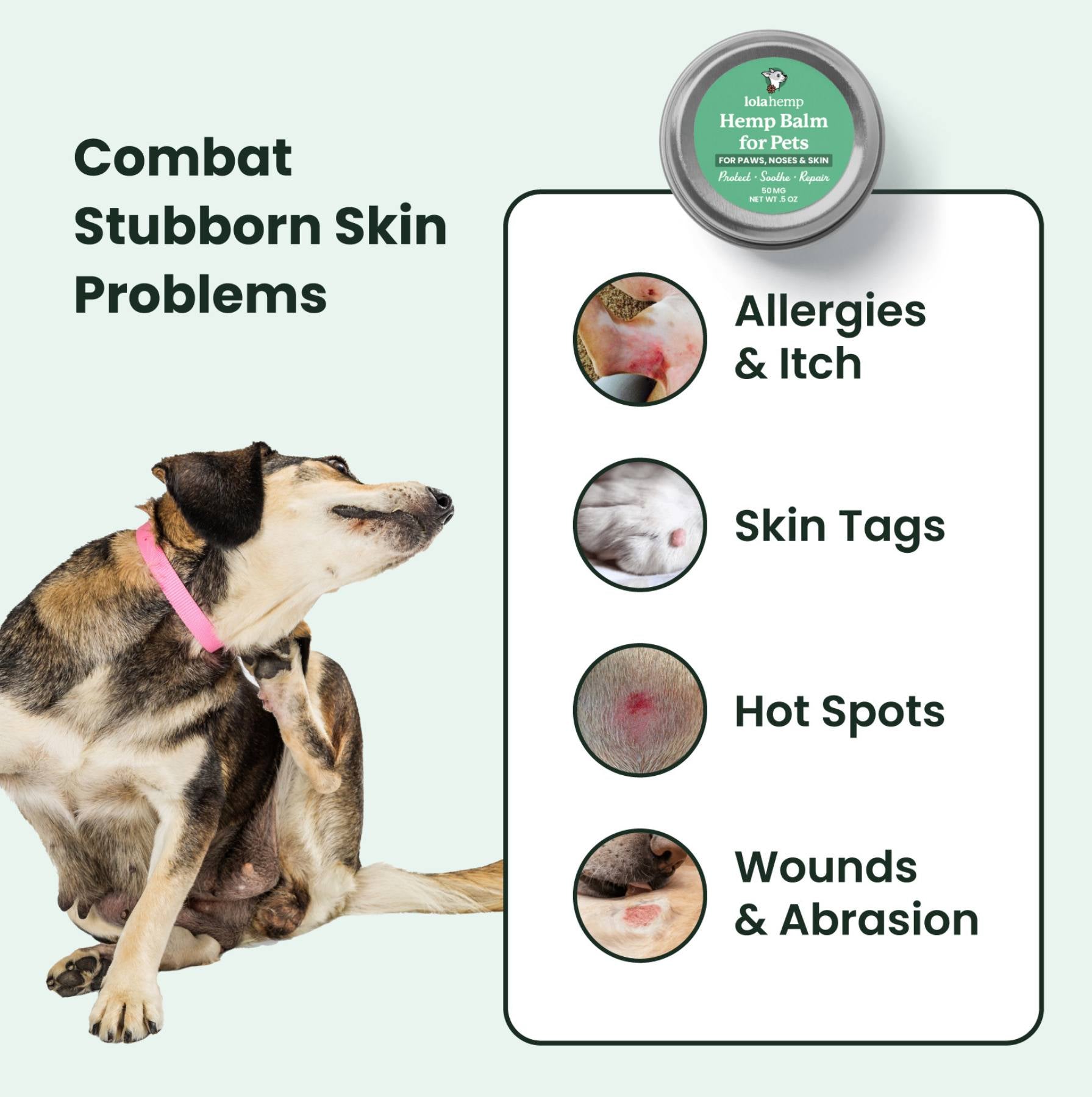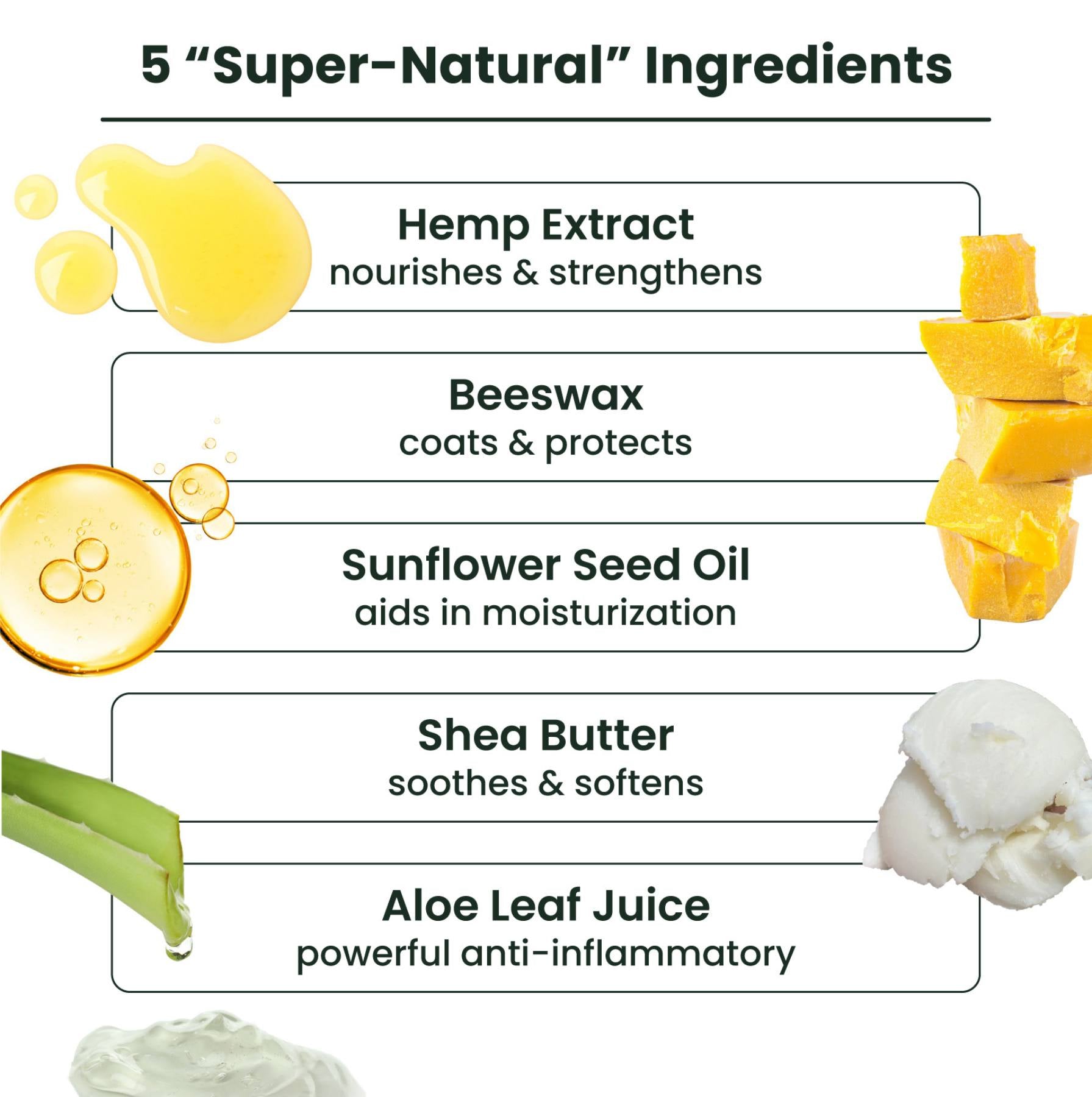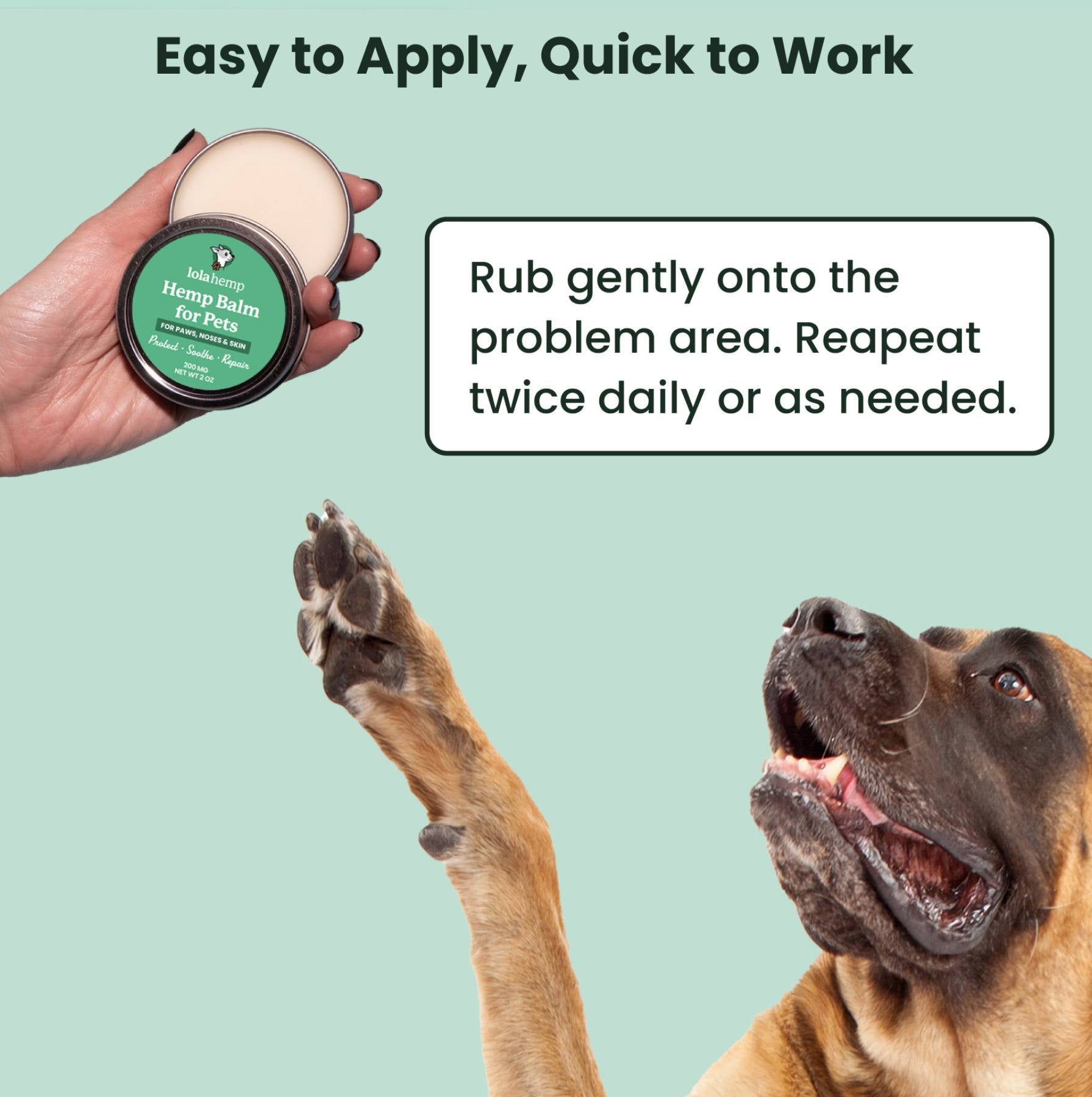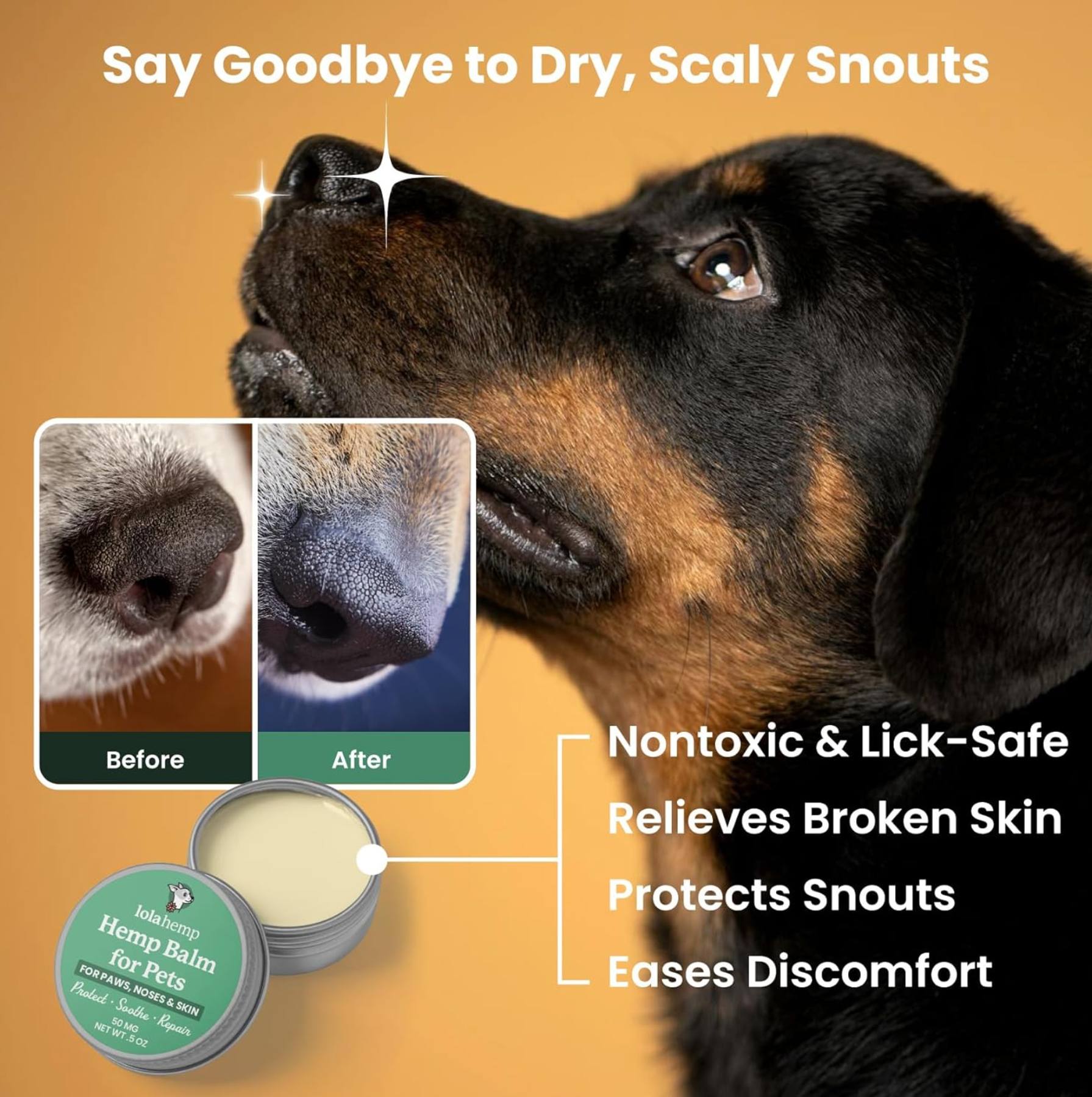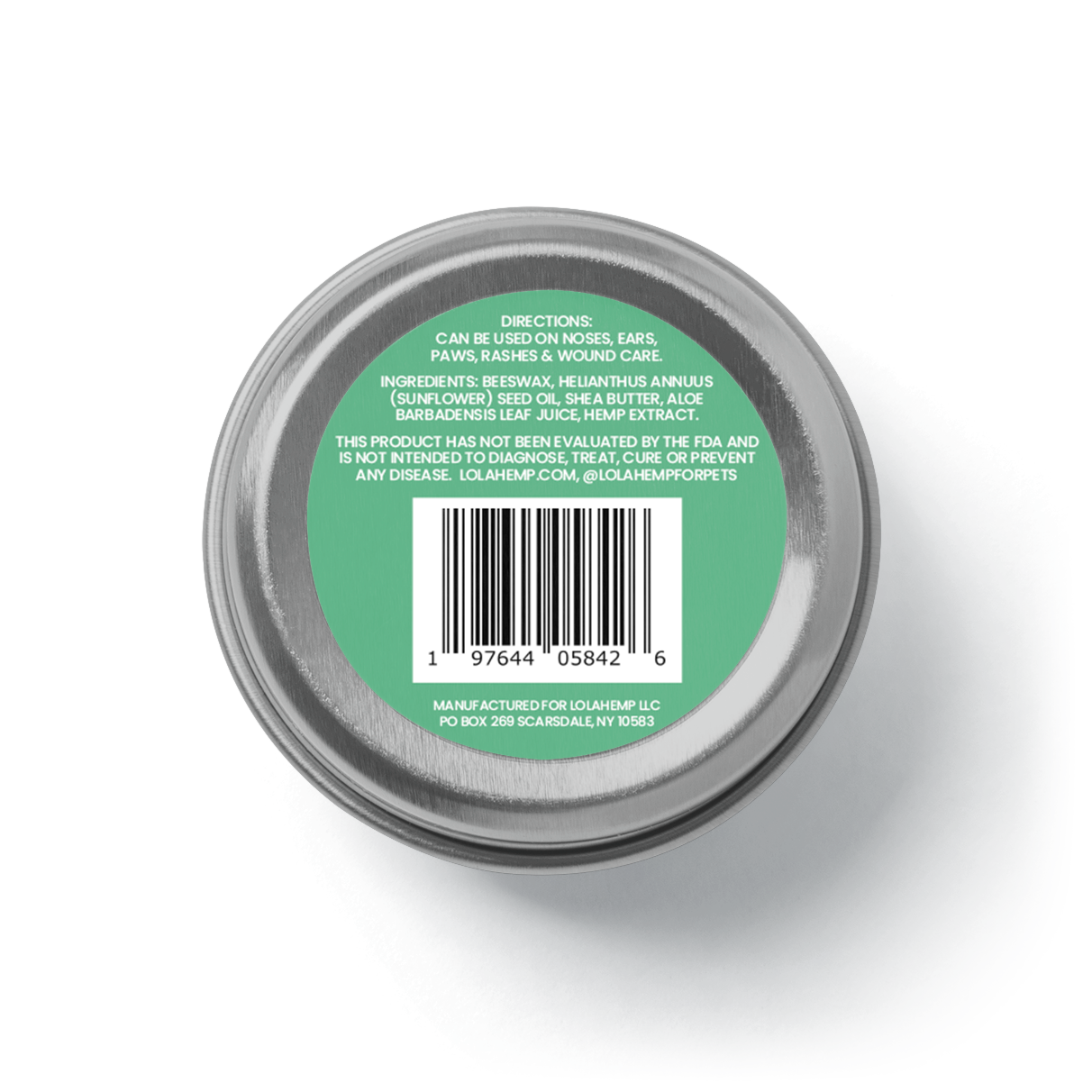If your cat has itchy or dry skin, they may suffer from irritation or discomfort. While a balanced diet and proper grooming can promote healthy skin, oils also play an essential role in maintaining the normal moisture content of the skin. These oils can also help achieve a soft, silky, shiny, and healthy coat.
You can apply oils like CBD or coconut oil topically or add them to your dog’s diet. These oils offer relief by supporting a healthy inflammatory response. Let’s identify the best oils you can use to support your cat’s skin health.
Healthy Oils for Your Cat’s Skin
You can use natural oils to support your cat’s skin and coat. These oils are healthy and rich in vitamins and essential fatty acids. These natural oils also provide antioxidant protection, supporting the health of your cat’s skin and coat.
Here are some of the healthiest oils to consider:
- CBD Oil
- Fish Oil
- Coconut Oil
- Olive Oil
- Flaxseed Oil
Let’s briefly discuss each of these natural oils:
CBD Oil
CBD oil is a natural remedy used among pet owners for its calming and relaxing properties. CBD oil is derived from the hemp plant and supports a normal inflammatory response. Pet parents use it to support a healthy skin and coat.
Before using CBD oil, consult with your veterinarian to identify a suitable CBD regimen for your cat. In many cases, pet parents who have success using CBD for their cats' skin, they use it in the form of a balm.
Fish Oil
Fish oil contains omega-3 fatty acids and is also known for its ability to support a healthy inflammatory response. These omega fatty acids are essential for healthy skin and coat.
You can also use fish oil to support seasonal skin allergies. You can obtain fish oil from flaxseed, chia seeds, and fatty fish like salmon, tuna, mackerel, herring, and sardines.
Coconut Oil
Coconut oil can help maintain the normal moisture content of the skin. It is applied topically, especially around the affected areas. When ingested, coconut oil can also promote your pet’s overall skin health.
Olive Oil
Olive oil is a natural moisturizer containing vitamin E. It also provides antioxidant protection and is good for healthy skin and coat.
Flaxseed Oil
Flaxseed is an excellent source of omega-3s. It helps maintain a healthy coat and skin while supporting your cat’s overall health.
Topical Balms for Cats
You can also use topical balms to address your cat’s dry skin. For instance, topical CBD balms are designed to support your cat’s normal skin moisture without leaving a greasy residue.
When purchasing a topical balm product, select a pet-safe product. These products are made from ingredients like aloe vera, shea butter, or calendula.
Apply the topical balm gently to the affected area. You can apply it on paw pads, dry noses, or irritated patches. Avoid products that contain harmful chemicals, fragrances, or toxic ingredients. Consult your vet to identify ingredients that may be toxic to your feline friend.
Why Do Cats Get Skin Issues in the First Place?
Understanding the root cause of dry skin can help prevent future problems. Here are some of the main causes of skin issues:
Allergies
Environmental factors such as food allergens or pollen can trigger skin irritation.
Poor Diet
A diet that lacks essential nutrients like omega-3 fatty acids can lead to dry, flaky skin.
Medical Conditions
Underlying conditions like autoimmune disease or fungal infections can affect your cat’s skin health.
Dehydration
Insufficient water intake can lead to loss of skin moisture.
Parasites
Fleas or mites can cause irritation and itching.
Conclusion
Using healthy oils can make a significant difference in addressing your cat’s dry skin. When applied topically or as dietary supplements, CBD, fish, or coconut oils can provide support for your cat’s skin health.
Frequently Asked Questions About Best Oil for Cat Skin
What oil is best for improving my cat’s skin health?
CBD oil, fish oil, coconut oil, olive oil, and flaxseed oil are all beneficial options that support hydration, coat health, and a normal inflammatory response.
Is CBD oil safe to use on my cat’s skin?
CBD oil is generally well tolerated by cats, especially when used as a balm, but you should always consult your veterinarian before starting any CBD regimen.
Can I put coconut oil directly on my cat’s skin?
Yes, coconut oil can be applied topically to help moisturize dry areas. Use only a small amount and ensure the product is pet-safe.
How does fish oil help my cat’s skin?
Fish oil provides omega-3 fatty acids that support a healthy inflammatory response and promote soft, hydrated skin and coat.
Can diet affect which oils my cat needs?
Yes, a diet low in essential fatty acids may increase your cat’s need for supplemental oils. Proper nutrition plays a major role in skin health.

